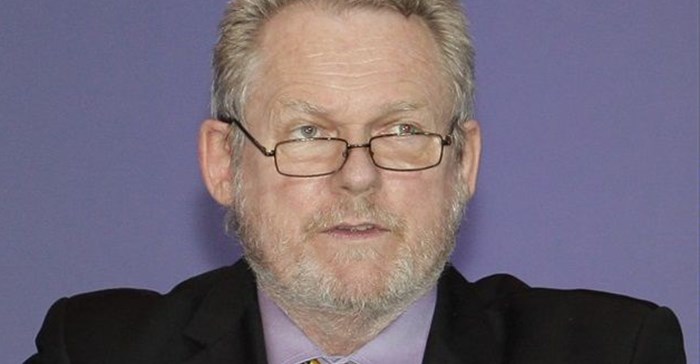Opening of Musina Intermodal Terminal to benefit region
The opening of the Musina Intermodal Terminal (MIT) earlier this week signalled a new era of promoting regional economic integration and trade by providing critical infrastructure and efficient intermodal logistics solutions, resulting in the lowering of transport costs.
Benefits for the region
- The opening of the facility will accelerate economic growth and development in the region, driving increased foreign and domestic direct investment, increased value-added exports, creation of jobs, as well as the building of industrial clusters and regional industrial hubs.
- The MIT, located on the N1 National Road in Musina, and some 10 kilometers from Beitbridge Border, was established during early 2017 to facilitate the interchange and use of road and rail as a catalyst to use either and or both, where commercially sustainable.
- The terminal can currently handle up to three million tons per annum of cargo, both bulk and containerised; this capacity can be increased with relatively low capital investment to over eight million tons per annum.
- The complex comprises four designated areas; the Musina Station property, a concrete pad, a covered warehouse and a hardstand facility, with all four areas interlinked with rail lines, connecting to the Transnet Freight Rail main line.
- All stakeholders are committed to enabling the interchangeable use of road and/or rail transport where commercially sustainable.
- MIT estimates current cross border road traffic volumes of all cargo types is approximately 11 million tonnes per annum, and MIT is seeking to migrate some 10% of this volume onto rail-road or road-rail intermodal transportation. To this end minister Rob Davies will announce:
- the test run of citrus to use MIT for the transportation of oranges to Durban for export;
- Coal of Africa’s new Makhado coking coal mine and later resumption of Vele Coal Mine will use MIT to transport coal for export and local use at Eskom and steel plants;
- Scania (SA) will be building and launching its service dealership to be rebuilt in MIT.
- Other commodities currently also on trial runs (or in negotiation) include export copper, chrome, imported fertiliser and platinum in transit.
- In striving to deliver comprehensive value-adding solutions to clients, MIT has managed to have the facility classified as a ‘special storage warehouse’, i.e. a ‘bonded warehouse and bulk storage’.
- It is focussed on ensuring that the most appropriate transport mode is utilised for the specific cargo types from origin to destination, in so doing providing the capability and capacity to efficiently tranship cargo from one mode to another. In the short to medium term, MIT is targeting to handle approximately 2.1 million tonnes of cargo per annum onto rail, including approximately 1.5 million tonnes per annum of locally produced coal.
- The intermodal movement of cargo from road to rail and vice versa will result in reduced carbon emissions, logistics costs and road congestion, as approximately 62,000 vehicle trips per annum are removed from the region’s roads.
- The initiative will result in the creation of about 500 new jobs in Musina and the greater Vhembe District, create opportunities in related value chain sectors and it is envisaged that other job opportunities will be created when volume throughput increases.
Key players
The promoters of the terminal are two established Musina-based businesses: Lionshare Developments, a property developer; and Musina Associated Carriers, a transport and logistics company.
Barloworld Logistics and its joint venture partner, Barberry Rail, are strategic partners and are focussed on managing rail flows in and out of the terminal, working with Transnet Freight Rail to extract efficiencies from the rail system and lower the costs of logistics.
Transnet has been a key partner in the development through its market demand strategy (MDS), where Transnet Freight Rail actively works with terminal operators and partners - in this instance MIT - to design appropriate rail and intermodal solutions to migrate road volumes to rail and vice versa.
In addition, Transnet Freight Rail made the Musina Station available, under a lease agreement, to be incorporated in the MIT complex.




































